Experts warn these 7 DIY home improvements will devalue it – plus what to do instead
Badly executed cabinet painting and re-purposing bedrooms are among them

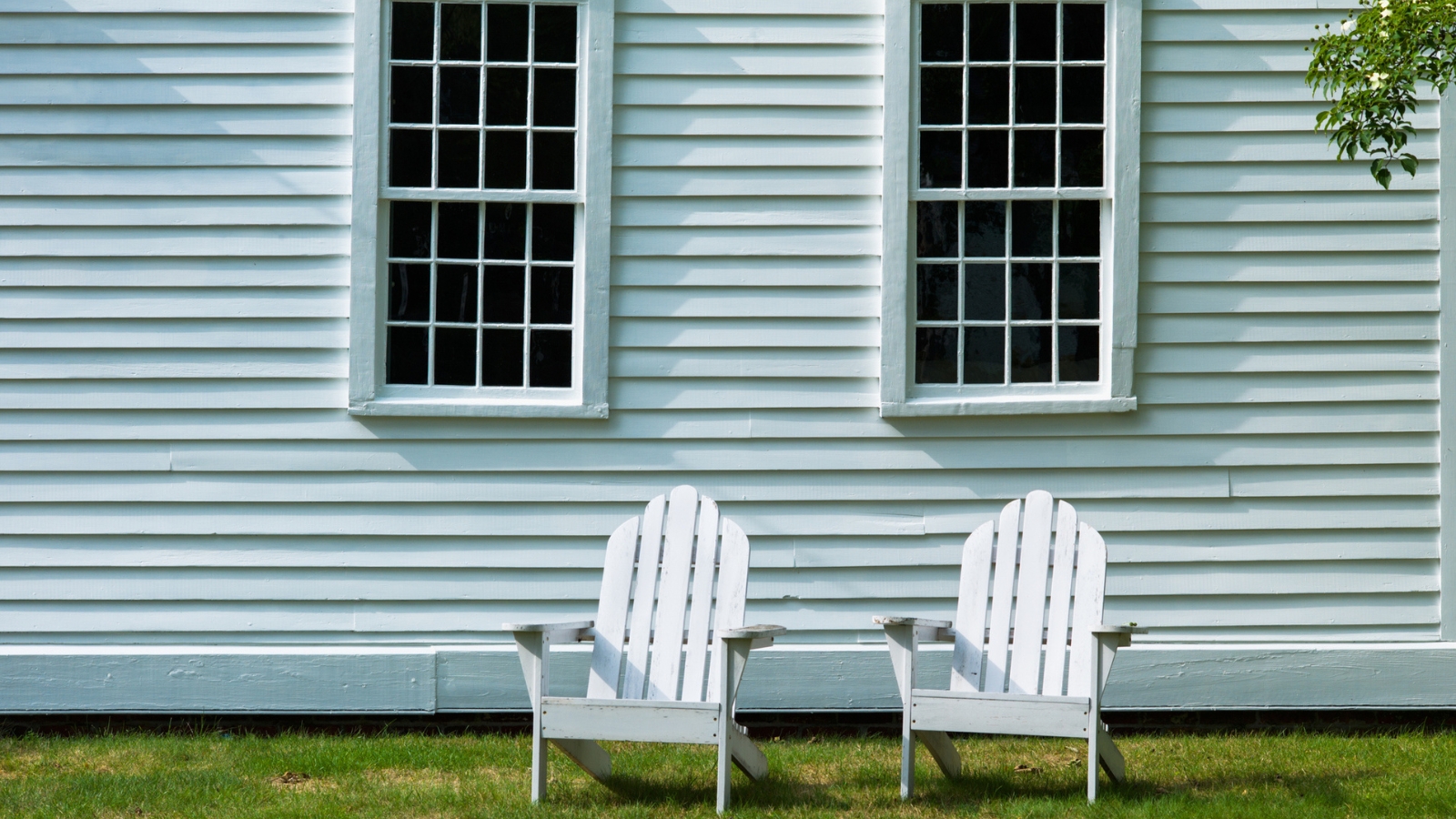
Design expertise in your inbox – from inspiring decorating ideas and beautiful celebrity homes to practical gardening advice and shopping round-ups.
You are now subscribed
Your newsletter sign-up was successful
Want to add more newsletters?

Twice a week
Homes&Gardens
The ultimate interior design resource from the world's leading experts - discover inspiring decorating ideas, color scheming know-how, garden inspiration and shopping expertise.

Once a week
In The Loop from Next In Design
Members of the Next in Design Circle will receive In the Loop, our weekly email filled with trade news, names to know and spotlight moments. Together we’re building a brighter design future.

Twice a week
Cucina
Whether you’re passionate about hosting exquisite dinners, experimenting with culinary trends, or perfecting your kitchen's design with timeless elegance and innovative functionality, this newsletter is here to inspire
If you want to boost your home’s resale value, making DIY home improvements are worthy of serious consideration. Why waste money unnecessarily on hiring contractors when you can do the job yourself? Besides, many home improvements that add value to your home can be done in as little as a weekend.
However, experts have warned there are seven DIY home improvements that will potentially devalue your home. Some are a bad idea altogether whilst others are good in theory but will dent your sale price if badly DIYed.
When considering your next DIY project, take note these ones highlighted by our experts are not the best ways to add value to your home.
The DIY home improvements that could devalue your home
1. DIY renovations without permits
Home improvements won't add value if they haven't had the required green light from your local authorities. A DIY project completed without a proper permit could devalue your home and even land you in legal trouble if you don’t secure proper permits first.
It will also make it tricky to sell your home without indemnifying the buyer (purchasing a pricey after-the-fact insurance), removing or redoing the renovation.
Grace Mase, VP of Construction and Design at Curbio, strongly cautions homeowners against giving in to the temptation of under-the-radar DIY work. Grace says, ‘DIY renovations without permits may seem like a savvy way to save time and money, but these shortcuts can become problematic when selling your home.’
The most common problem you or your buyer will encounter is a sudden inspection by the local city authorities, which could land you with a fine, or worse, a fine and a request to undo the work that’s already been done.
Design expertise in your inbox – from inspiring decorating ideas and beautiful celebrity homes to practical gardening advice and shopping round-ups.
If you’re unsure if you need a permit to do the work you’re planning, consult with your local city authority, or with a licensed construction professional who’ll be up to date on the required permits.
2. Repurposing extra bedrooms
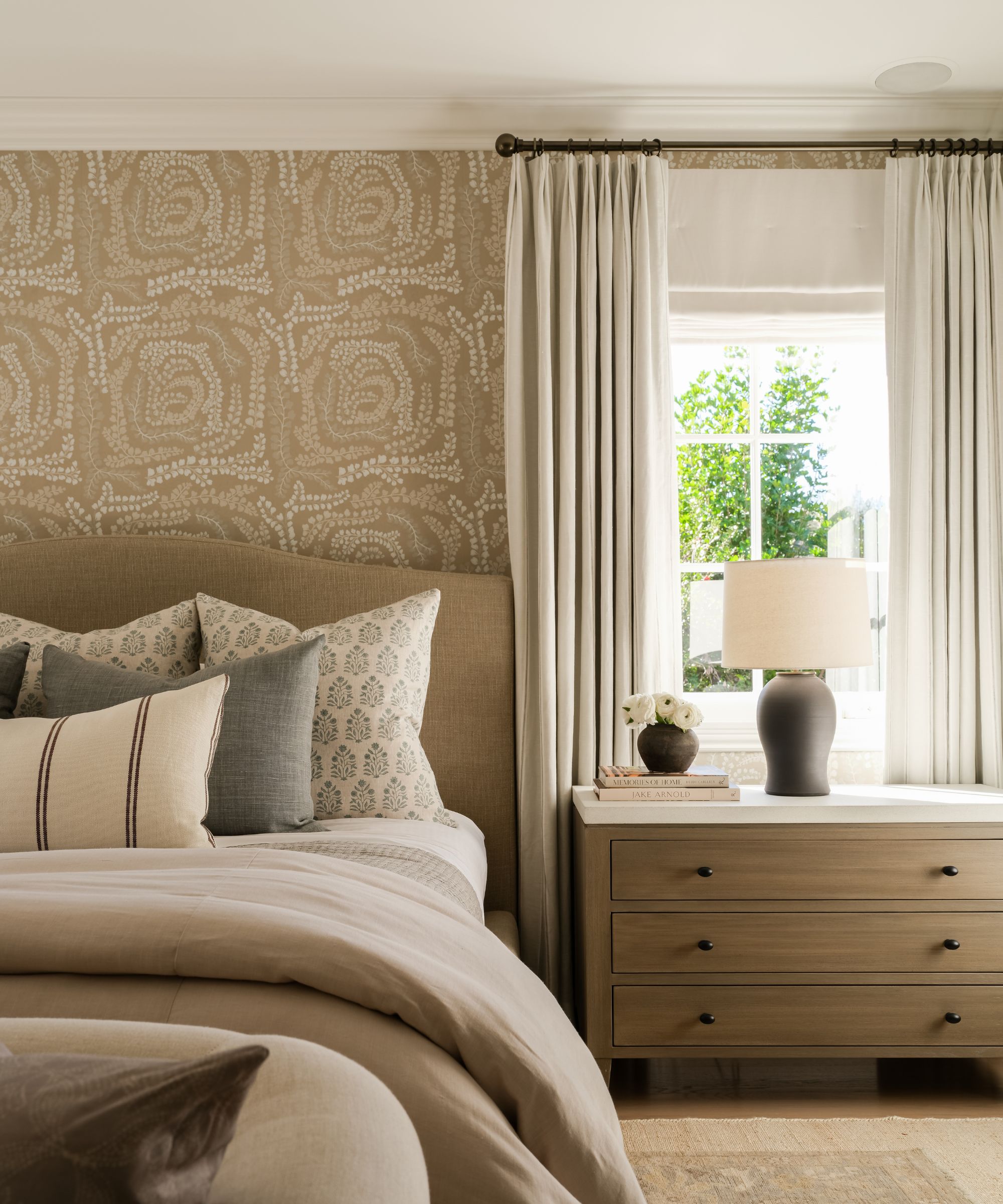
While you may not have needed the guest bedroom in your home, hold off permanently converting it into a home office or walk-in closet. As Grace Mase points out, ‘Most home buyers love bedrooms. So, think twice before shrinking your home’s bedroom count.’
Typically, the higher the bedroom count, the higher the asking price you’ll be able to command for your home. Buyers also like having the choice in how they’ll be using their new home. Offering a room that’s already been designed with a very specific purpose in mind reduces that agency.
Head of solved at Homes & Gardens, Punteha van Terheyden, adds, 'We've converted our smallest bedroom to a dual office for my husband and I. However, we haven't put any built-in features so when we come to sell it, we can convert to a guest room.'
This mid-way solution means you still use your home the way you need it, without devaluing it when you come to sell.
3. Garage conversions
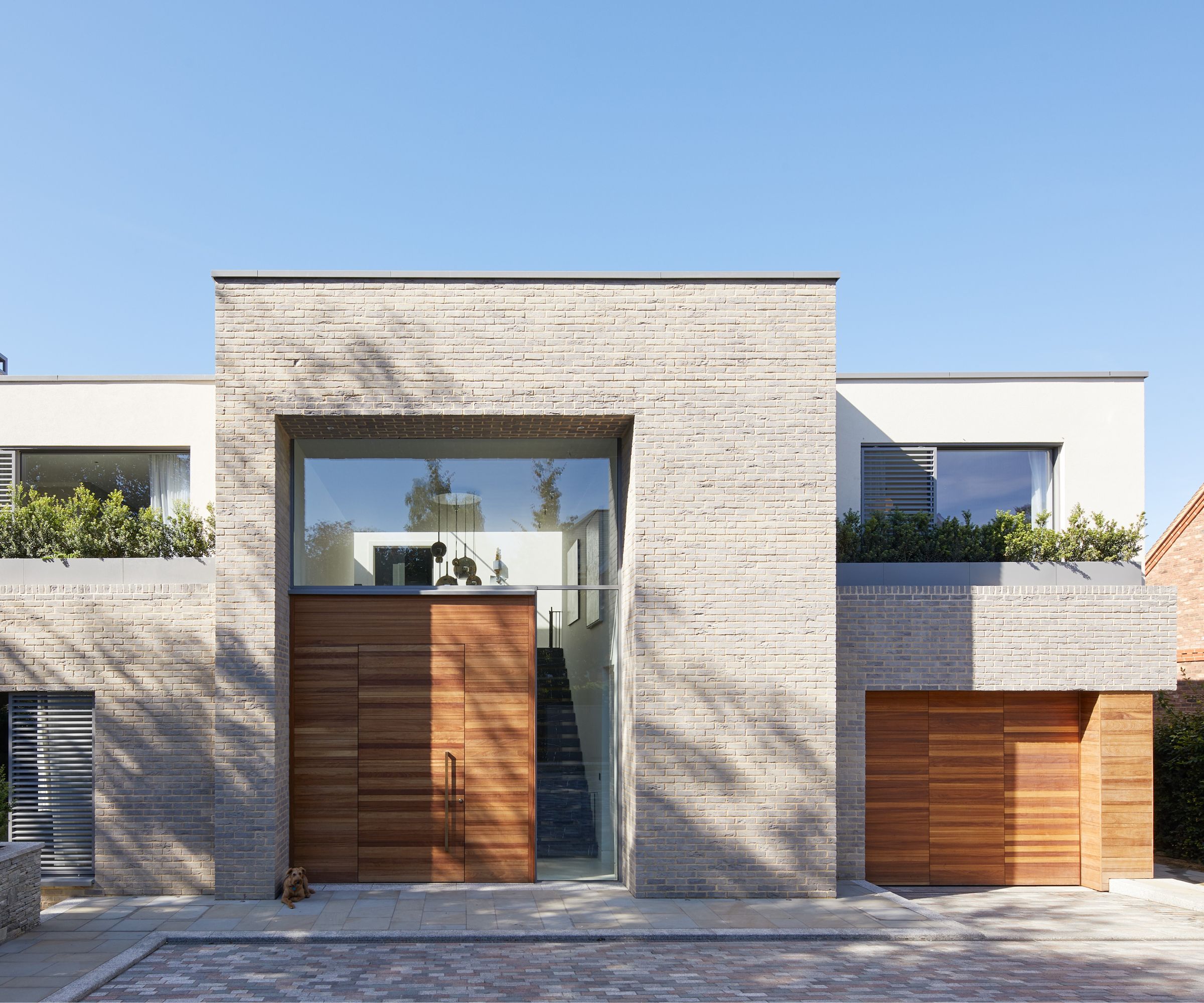
Our experts are unanimous on this one as the vast majority of home-buyers prefer a garage that is usable for its primary purpose and can house cars.
The problem with garage conversions is twofold. Firstly, ‘Most home-buyers are looking for a property with a garage’, according to Nick Disney, of Sell My San Antonio House. By eliminating the garage space, you are alienating the majority of your potential buyers.
But even if you find a buyer who’s interested in a home with a garage space that’s been converted, garage conversions can devalue a home due to the poor quality of the job. ‘Most DIY garage conversions are not done particularly well’, Nick says. ‘They do not heat and cool as well, they often make the layout of the home slightly awkward, and they remove the largest storage space in the home.’
If you’re a very skilled DIY-er, you could execute a garage conversion to a standard that won’t put off potential buyers. If you’re a novice, however, leave your garage as it is. You can declutter or organize your garage instead to make it more appealing and functional.
4. Overpersonalization
It doesn't much matter if you spend $1,000 or $100,000 on 'improving' the interior or your home. If the result is too niche, buyers may offer you less for a home they perceive as something they'll just have to redo to suit their own tastes. 'Bold design choices, such as brightly colored walls or quirky decor, may reflect your unique style, but they can be off-putting to prospective home-buyers', Grace confirms.
Paint colors can affect the value of your home, for example, with some making your home more desirable to buyers. However, if your color choices are too eccentric, all buyers will see are walls that will have to be repainted. 'Neutral tones and timeless designs are more likely to appeal to a broader audience, making your home more inviting and easier to sell when the time comes', advises Grace.
The flip-side of this coin is you decorate your home exactly as you wish and make it unique, but be prepared to paint over quirky colors and remove wallpaper that isn't going to appeal to the majority when it's time to sell.
The more difficult one to remedy relatively cheaply and quickly are fitted fixtures, for instance built in cabinets, closets, tiling, as well as kitchen or bathroom suites that won't appeal to the average buyer.
5. Painting kitchen cabinets yourself
Painting kitchen cabinets can give your kitchen an instant ‘facelift’, with minimum expenditure and effort. Unfortunately, if not done right, a DIY kitchen cabinet paint job can mess up your built-ins and devalue your home.
Becky Pendergrass, real estate agent at Benchmark Realty LLC, confirms this to be true in her own experience. She says, ‘I’ve seen this more times than I can count. If you don’t prep them properly or use the right type of paint or technique, you could end up with streaky, chipped cabinets that scream: “An amateur did this!” Buyers will see this right away, and they’ll note it as something they’ll have to fix if they buy the house.’
When buyers spot red flags like this, they start to tot up the potential cost to fix, and that could either mean they lower their offer or find another home to buy instead.
6. DIY bathroom tiling
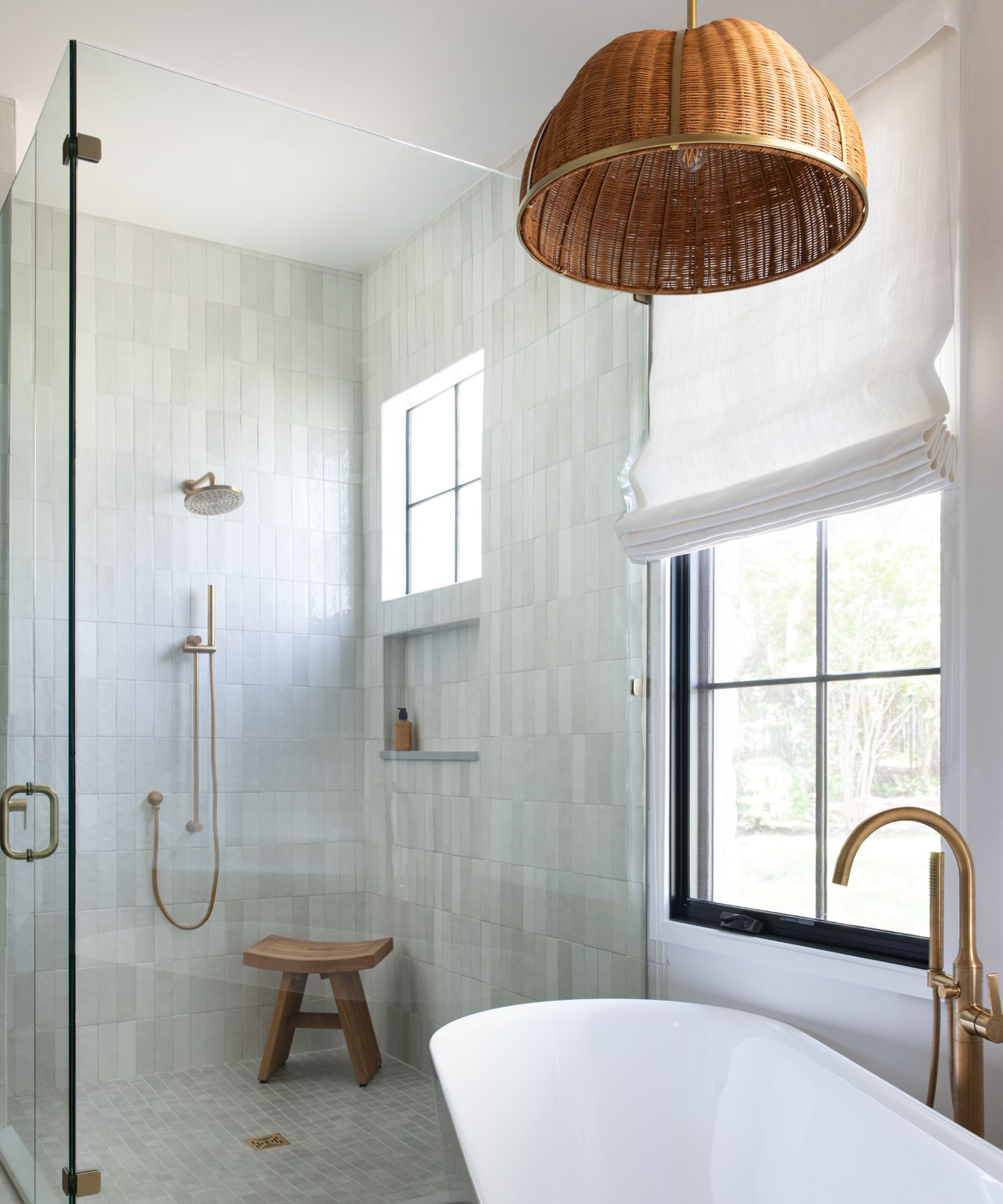
Neutral tiling is a safe bet
The appeal of DIY bathroom tile ideas is the same as that of DIY kitchen cabinet painting. It can be a cheap and easy way to update a bathroom that needs some TLC. After all, we’ve all seen amazing DIY tiling jobs on social media.
However, Becky warns homeowners that re-tiling a bathroom is nowhere near as easy as it can seem, and ‘in reality, it’s easy to mess up', bringing negative consequences when you want to sell your house.
Becky adds, ‘One misaligned tile or uneven grout line can throw off the whole bathroom. Buyers are picky about bathrooms, and when they see tiling that’s not quite right, they may start questioning the quality of the rest of the house.’
You might consider peel-and-stick tiles which you can later remove easily. You will likely need to sand, prime and repaint the area after.
7. Bad wallpaper choices
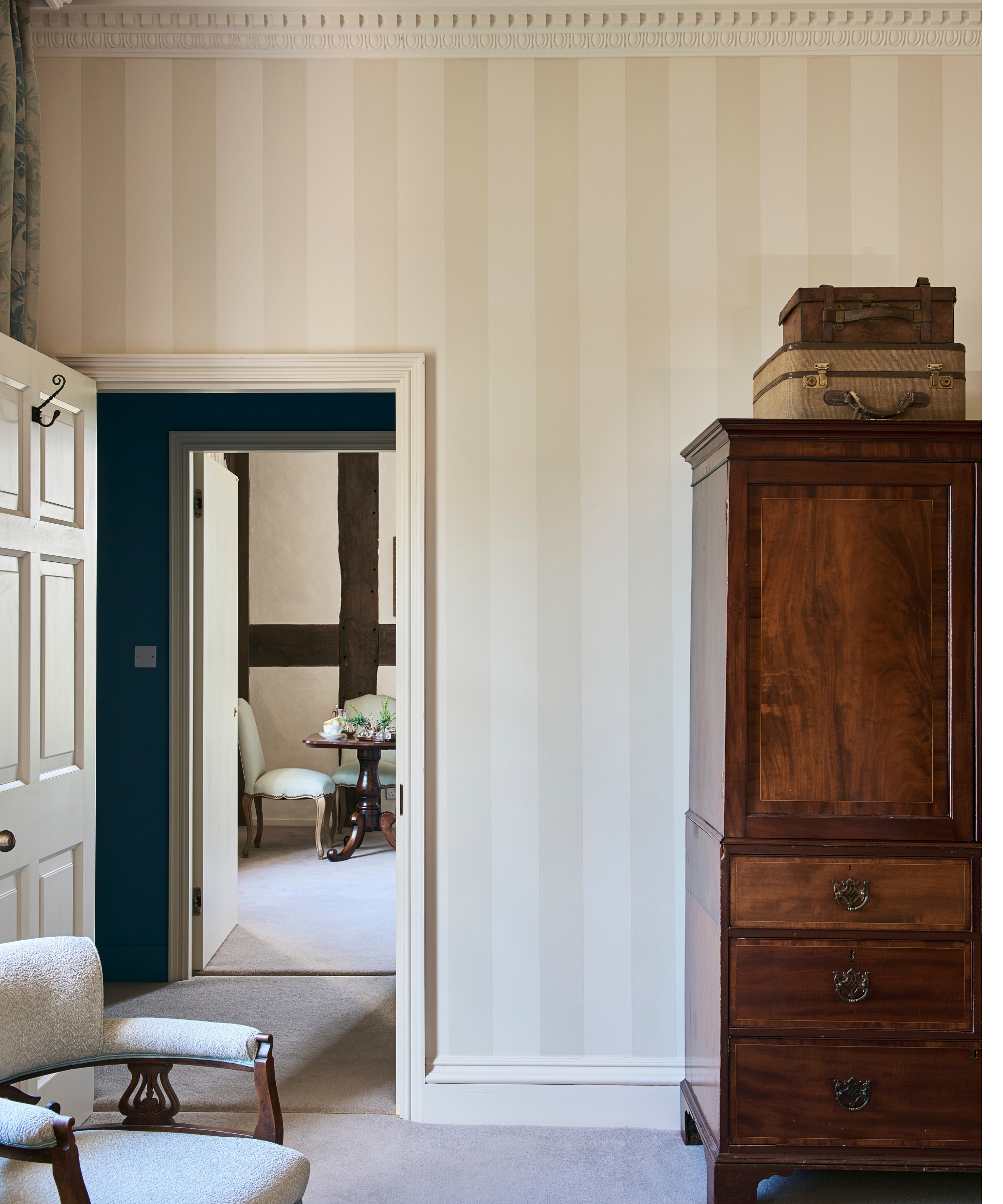
Subtle neutral wallpaper that has mass appeal
‘I’m all for adding personality to your space, but wallpaper is tricky’, cautions Becky. ‘If you choose an outdated pattern or don’t apply it perfectly, it can really turn buyers off. Visible seams or mismatched patterns make a room feel less polished, and most buyers aren’t looking to start their homeownership journey with a wallpaper removal project.’
Paint is king when it comes to preparing a home for a sale. Some paint colors even add value to your home and are sought after by buyers. Wallpaper is perceived by many as old-fashioned and difficult to maintain, so, if you’re updating your walls before a sale, just repaint them.
You can also go for a neutral, subtle classic as pictured above.
Meet the experts
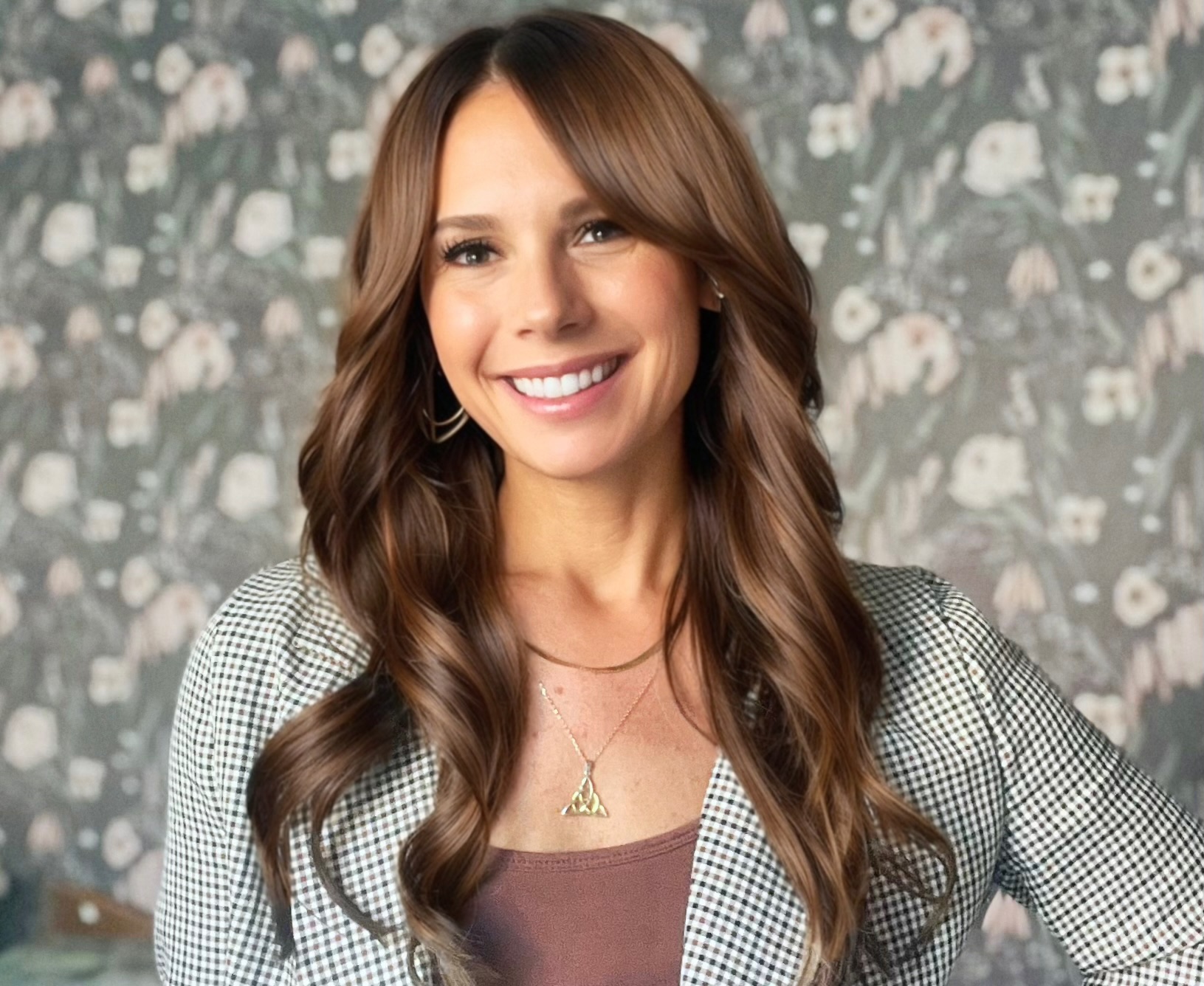
Becky Pendergrass is a seasoned realtor based in Nashville, Tennessee, with a passion for helping clients navigate the ever-changing real estate market. With years of experience in the industry, Becky has earned a reputation for her in-depth market knowledge, exceptional client service, and strategic approach to buying and selling homes.

Grace is the Vice President of Design and Construction at Curbio. Her mission is to help people to achieve a better life by building a better home. Fascinated with home improvement since childhood, Grace earned her architecture degrees from UC Berkeley and Yale University.
As our experts confirm, some DIY home improvements could devalue your home. If your bathroom needs new tiles or your kitchen cabinets a fresh coat of paint, don't attempt these projects unless you have plenty of experience or can deliver a professional looking finish. Instead, stick to easy, practical ways to add curb appeal in a weekend, or consider hiring professionals to undertake renovations that will add value to your home.

Anna is a professional writer and academic. She taught English Literature for several years before joining Future where she wrote for Real Homes, Homes & Gardens and Livingetc for four years. She is a regular contributor for Parade Home, BiggerPockets, and many other publications. In her spare time, Anna enjoys hiking and gardening.